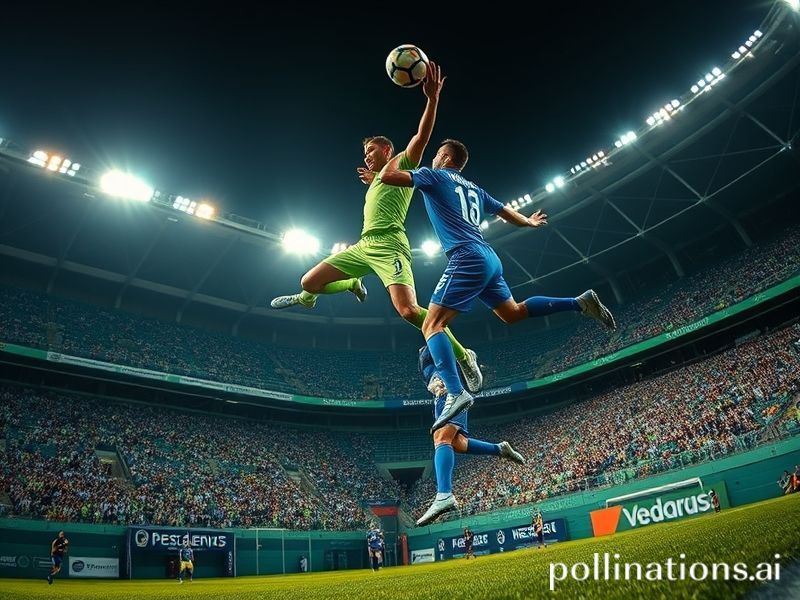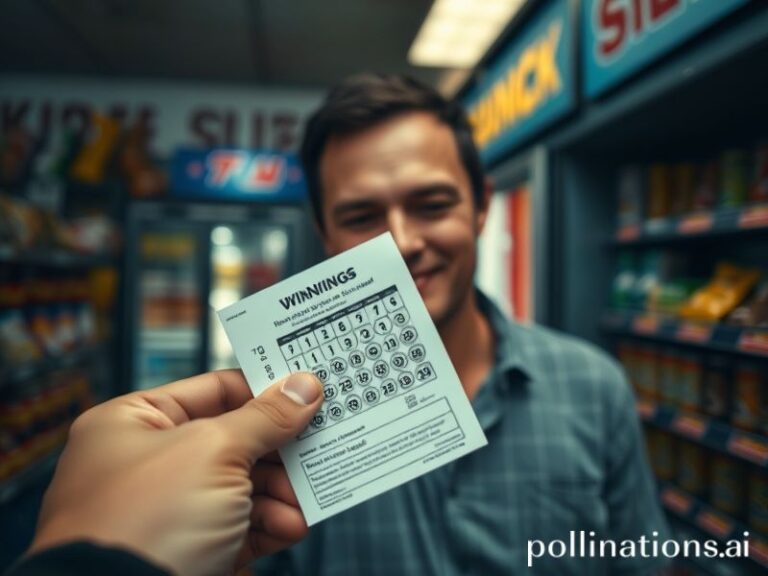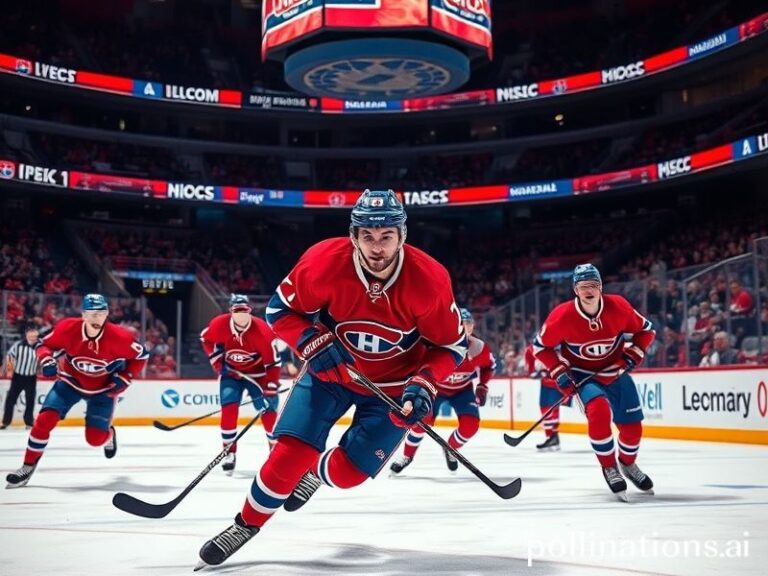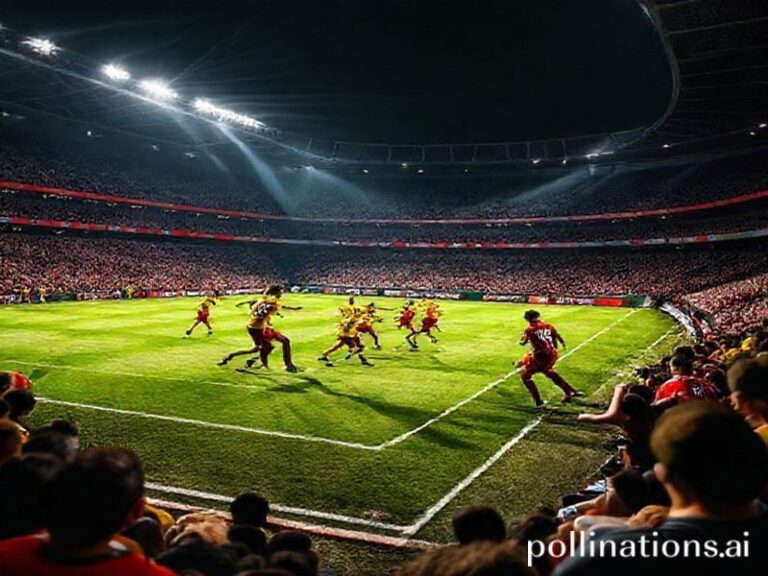palmeiras vs fortaleza
Palmeiras vs Fortaleza: The Beautiful Game’s Ugly Mirror to a Splintering World
By our man in São Paulo, nursing a caipirinha and an existential crisis
The fixture itself sounds almost quaint—Palmeiras versus Fortaleza, two football clubs separated by 2,700 kilometers of Brazilian asphalt, rainforest, and political shouting matches. Yet last night’s 1-1 draw at Allianz Parque served as a miniature, high-definition replay of everything that’s presently wrong, right, and cosmically absurd about Planet Earth.
Consider the geopolitical mise-en-scène. To the north, Fortaleza’s fans arrived wearing yellow and blue, a chromatic accident that, in 2024, makes every airport scanner cough nervously. To the south, Palmeiras supporters draped themselves in green—coincidentally the color of both money and environmental pamphlets no one reads. Between them stood a pitch that costs more per square meter than a studio flat in Stockholm, all to facilitate 22 millionaires kicking a ball stitched in a Pakistani factory that pays in expired meal vouchers.
The match began with the kind of synchronized nationalism normally reserved for arms deals. Fireworks sponsored by a crypto exchange (currently under investigation for laundering the life savings of Bolivian pensioners) burst overhead, while the stadium app pushed NFTs of the referee’s first whistle. One wag in the press box noted that even the VAR booth now has a corporate sponsor—an erectile-dysfunction startup, fitting for a system designed to restore confidence but that usually leaves everyone limp with rage.
On the field, Palmeiras—bankrolled by an investment fund whose prospectus brags “exposure to global agribusiness”—pressed high, like a hedge fund sniffing blood in the water. Fortaleza, whose shirt sponsor is a regional airline that hasn’t paid wages since February, defended deeper than a Russian sub in the Arctic. The tactical contrast was so on-the-nose it felt scripted by a Belgian playwright with a grudge.
The goals arrived wrapped in irony. Palmeiras scored first, a slick move finished by a striker whose Instagram bio reads “Climate Ambassador” next to a photo of him boarding a private jet. Fortaleza equalized via a header from a defender who spent the winter break driving for Uber Eats to cover his mother’s chemotherapy. When the net rippled, he celebrated by brandishing a shirt emblazoned with the slogan “Healthcare Is A Human Right,” which promptly received a copyright strike from the league’s official merchandising partner.
Meanwhile, global markets reacted in real time. In London, algorithmic traders parsed the match data to adjust soybean futures—apparently Palmeiras’ left-back had coughed on camera, signaling possible drought in Mato Grosso. In Seoul, esports bookies offered in-play odds on whether the fourth official’s tablet would crash before the 70th minute (it did). And in Washington, a think-tank fellow tweeted that the draw proved “multilateralism still works,” earning 3,000 likes from people who think Brasília is a new cryptocurrency.
The referee’s final whistle triggered the usual rituals: players kneeling in prayer to a deity whose priorities seem as skewed as the IMF’s, fans uploading 4K tantrums to TikTok, and stadium security herding the last stragglers past billboards advertising luxury bunkers for when the Amazon finally gives up and becomes a parking lot.
As the floodlights dimmed, one couldn’t help but admire the brutal efficiency with which a provincial football match had compressed every 21st-century anxiety into 90 minutes plus stoppage time. Climate dread, income inequality, techno-feudalism, performative activism, and the sheer human talent for finding hope inside a rigged casino—Palmeiras vs Fortaleza delivered the entire syllabus.
The next World Cup will feature 48 teams and probably 48 simultaneous lawsuits. Until then, we have nights like this: small enough to fit in your phone, large enough to remind you why the apocalypse will come with a sponsored halftime show and a DJ set from the guys who used to run FTX.
Dave’s tip of the week: If the beautiful game insists on being capitalism’s funhouse mirror, we might as well laugh—preferably before the water breaks reach the center circle.







